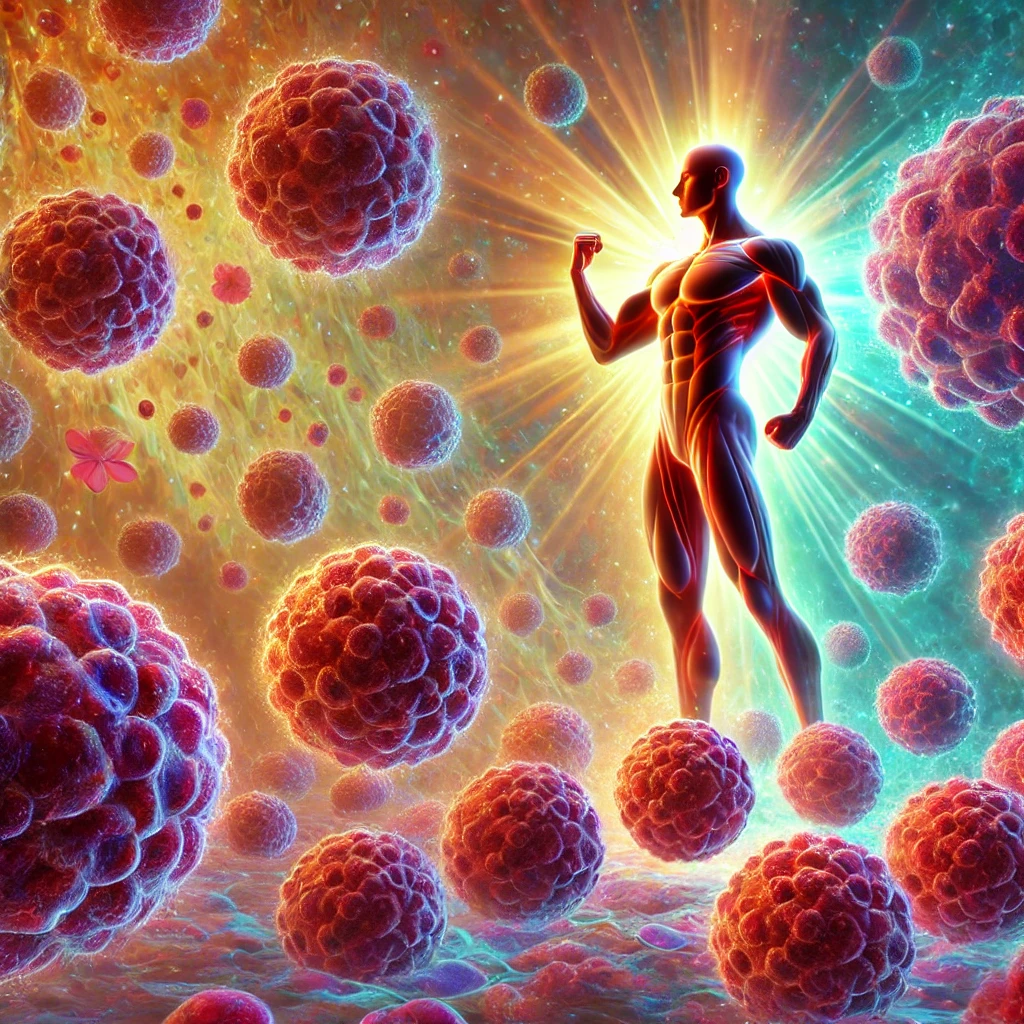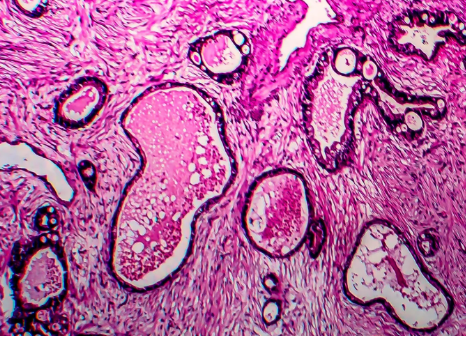Later, the use of nitrites and nitrates, even in a synthetic form, was also introduced to the food industry by using them as additives to prevent bacterial growth and to maintain the freshness of food longer.
However, in addition to the properties mentioned before, the body’s intake of nitrites and nitrates could cause carcinogenic action, such as at the level of the digestive tract.
The research just mentioned, concluded that these additives can become carcinogenic due to a series of chemical transformations that occur during metabolism.
Particular attention has been paid to the consequences of their use in processed meats, which are found to be among the foods with the highest levels of these substances.
This potential danger has been such a wake-up call that in France a parliamentary committee has asked ANSES to stop their application as preservatives.
At present, epidemiological data concerning humans are limited, but today’s knowledge has been sufficient for the WCRF and IARC, the International Agency for Research Against Cancer, to be able to classify the intake of processed meat, see, for example, that of sausages, as potentially carcinogenic.
Analyses conducted on general, non-specific diets found an association between excessive and prolonged consumption of nitrates, not nitrites, and the risk of ovarian and colorectal cancer. Further analysis by researchers also found a correlation between nitrites and gastric cancer.
However, the studies conducted did not distinguish between chemical and natural food additives, but different effects were found depending on the source of origin.
Initially, research participants were asked to fill out a five-question form pertaining to socio-demographic and lifestyle characteristics such as whether they were smokers or engaged in physical activity.
Then every six months they had to fill out three two-week food diaries; the data then were validated by analysis of biomarkers in urine and blood.
The analyses were conducted using three databases:
- the OQALI, the Food Observatory, which conducts global monitoring of the food supply of processed products on the French market;
- the second belongs to ANSES, the French National Agency for Health Safety, which deals with food safety;
- the third, the GNPD (Global New Products Database).
Thanks to these analyses that focused on the presence at nitrates and nitrites, it was possible to divide individuals into three categories: nonconsumers, sporadic consumers, and regular consumers. Compared with nonconsumers of nitrite-containing additives, the regular consumers were found to be young, sedentary, low-educated and overweight males.
From a nutritional point of view, they had high calorie intake and low consumption of fiber-rich foods.
The average intake value of preservatives containing nitrite was higher in men than in women, 0.15 mg/d vs 0.11 mg/d; on the other hand, regarding additives with nitrates, the value was higher in men than in women, 0.26 mg/d vs 0.16 mg/d.
Finally it was possible to associate high nitrite levels with prostate cancer risk and high nitrate levels with breast cancer risk, especially in the pre-menopausal period.
The results obtained and the observations drawn have opened the increasingly heated and current debate on the possible elimination of nitrites and nitrates as preservatives.
It follows from these scientific findings that it is incumbent both to inform the public about the risk assessment associated with the consumption of these substances and to raise increasing awareness of the food industry to limit the use of these additives.
To date, steps toward a significant reduction have already been taken, with some manufacturers cutting their use of nitrites by implementing new preservation methods and implementing appropriate precautions.





